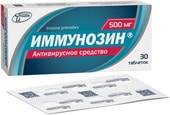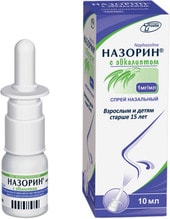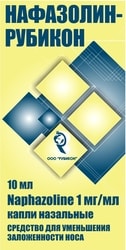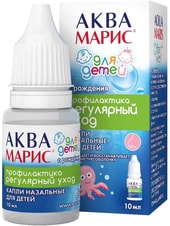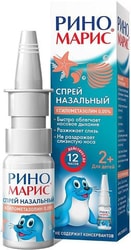Icelandic moss (Cetraria islandica), a lichen prized for its medicinal properties, has been a staple in traditional Northern European medicine for generations. Modern research confirms its effectiveness as a natural antibiotic, supporting its use in treating a range of conditions.
Icelandic moss demonstrates significant benefits for respiratory health. It's traditionally used to alleviate symptoms of bronchitis, colds, asthma, and even tuberculosis. Its expectorant properties help thin and loosen mucus, facilitating easier breathing.
Beyond respiratory ailments, Icelandic moss offers valuable digestive support. Its soothing properties can ease upset stomachs and promote healthy digestion. A traditional preparation involves creating a jelly-like substance that can calm digestive distress. Its use post-illness can also aid in restoring overall bodily strength.
The lichen contains protolichesterinic and lichesterinic acids, which contribute to its powerful antibacterial and antiseptic effects. These acids effectively combat harmful bacteria such as staphylococci and streptococci.
Icelandic moss also exhibits wound-healing properties, making it a valuable addition to traditional first-aid practices.
While Icelandic moss boasts a rich history of traditional use, it is not a substitute for medical treatment. Individual results may vary. Consult a healthcare professional before using Icelandic moss, especially if you have pre-existing health conditions or are taking medication.
Keywords: Icelandic moss, Cetraria islandica, Horst, natural antibiotic, bronchitis, asthma, respiratory health, digestive health, immune support, expectorant, antibacterial, antiseptic, wound healing, traditional medicine, herbal remedy, natural remedy, herbal supplement.
